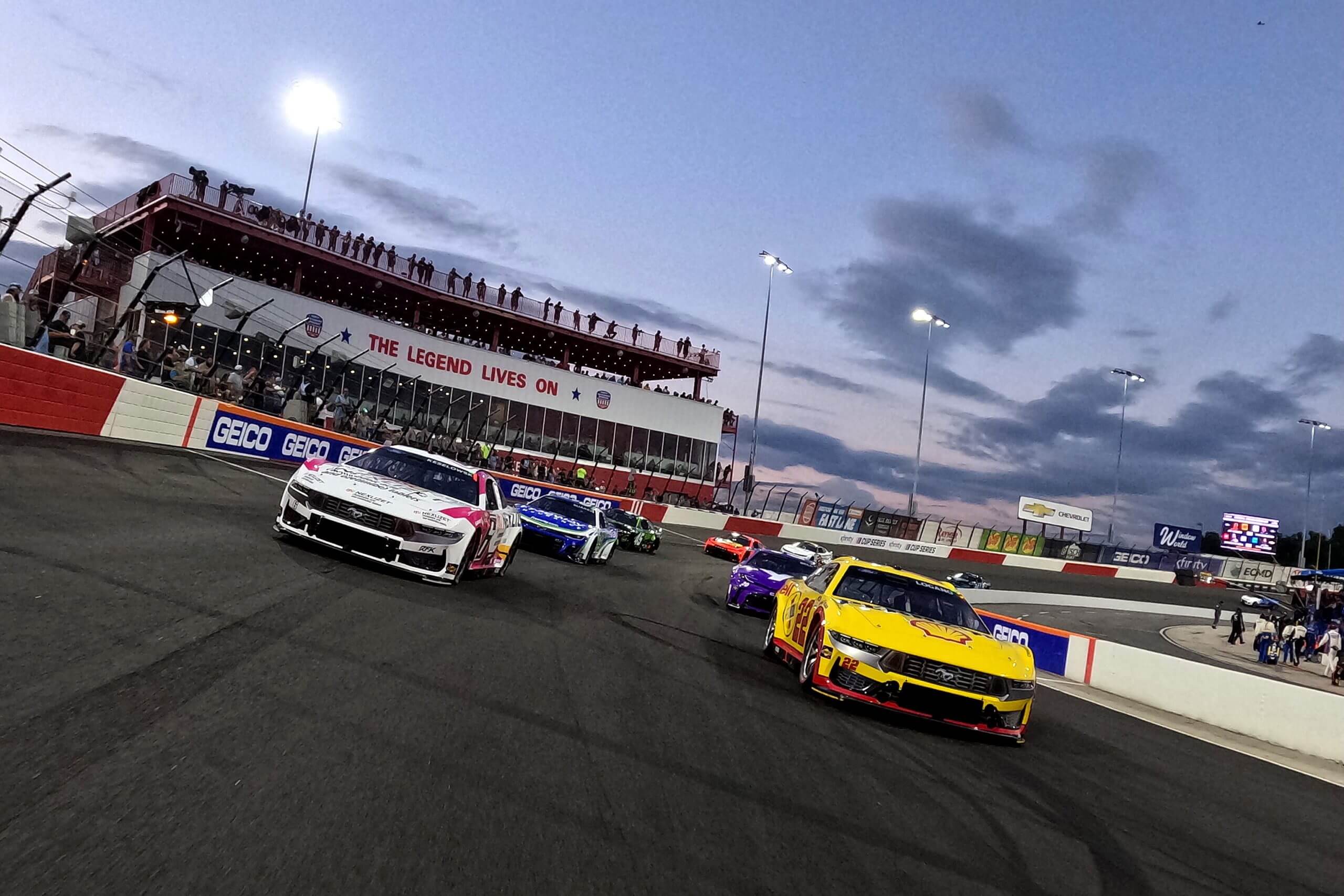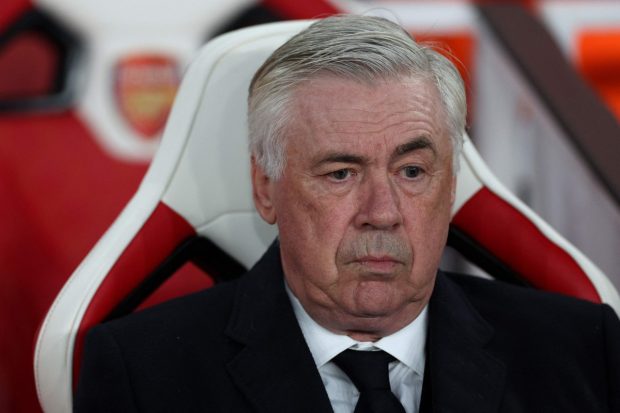
TALLADEGA, Ala. — Recent editions of the NASCAR All-Star Race have, to many around the sport, felt rather uninspiring, prompting questions on how to revive something that is supposed to be a “can’t miss” event on the Cup Series schedule.
Responding to this criticism, NASCAR recently proposed allowing teams to make performance modifications to their cars that otherwise would not be permitted in a points race. In racing parlance, next month’s non-points All-Star Race at North Wilkesboro Speedway would be turned into a “run what you brung” race.
Advertisement
Some limitations, however, were to remain in place. Safety components to the car would have to stay as-is, and teams also could not make any tweaks to certain aspects of the car, including the engine and tires, or alter any parts supplied by NASCAR-approved vendors for the Next Gen car, according to team competition directors and crew chiefs that spoke to The Athletic and were granted anonymity to speak openly about the proposal. While the parameters would be stricter than teams may like, they would’ve still had looser rules to play by than they’ve experienced since 2022, when the Next Gen car was introduced.
From NASCAR’s perspective, the upside was significant. The uniqueness that once defined the All-Star Race would return, creating intrigue among fans and with the chance of enhancing the quality of racing on the type of short-track oval where the Next Gen car has often struggled.
But the idea to transform the All-Star Race through this rules package isn’t happening this year.
“We had some ideas, and we presented them to the industry,” said Elton Sawyer, NASCAR senior vice president of competition, Tuesday on SiriusXM NASCAR Radio. “And I’m not going to get into details behind the scenes on why we didn’t get there, but there were some folks within the industry that just didn’t feel like we could go there at this time. So we’ve, we’ve elected to pivot on that, on that format.”

With high costs and likely little return, NASCAR teams largely balked at the idea of being able to alter the Next Gen car for this year’s All-Star Race. (Sean Gardner / Getty Images)
During the just-completed Talladega race weekend, team officials cited various factors on why they pushed back on NASCAR’s idea.
“It looks like a really fun opportunity, but it is a black hole,” said a team competition director. “You got some of the best stock car racers in the world working on the most regulated stock cars in the world, and all of a sudden it turns into ‘run what you brung.’ That’s pretty exciting for a lot of folks, but it could also be very distracting for a non-points race.”
Advertisement
Cost was also a common reason why teams opposed the idea.
Many of those with big teams acknowledged that their wealth of resources would tempt them to explore the full range of what’s possible, potentially requiring them to spend so much money that it might wipe out the benefit of winning the $1 million awarded to the race winner.
“You know we’re going to go all-out because we can, because of who we are, and that’s what we do,” said a crew chief.
23XI Racing co-owner Denny Hamlin said Monday on his podcast, “Actions Detrimental,” that his three-car team stood to lose $2 million, a figure team decision-makers couldn’t justify.
“Everyone wants to go have fun, do all these things, but who is going to pay for it?” Hamlin said.
For teams best classified as middle-tier or lower, they consider themselves to be at a considerable disadvantage — a tough gap to overcome due to tighter operating budgets. To outperform the big teams, they’d likely have to commit money they feel is better spent elsewhere than in a non-points race.
“We can’t compete with them when it comes to resources or people,” one crew chief for a mid-tier team said. “They will blow us out of the water. We all know this. I don’t see how this makes any sense to us. Whatever we spend, they’re going to spend more. Much more.”
Another factor teams raised is that any modifications implemented would be effectively useless going forward, as nothing could be carried over to a future points race.
As one crew chief explained, if his team could use the All-Star Race to experiment with the hope of hitting on a winning idea later used in a points race, then there was merit to the concept. But without that carrot dangling in front of them, he said, such enticement was lacking.
“If you’re not going to go forward with any of that stuff,” said a second competition director, “it’s a bit of a distraction for the mainstream stuff. So you’d end up putting a ton of work and people into it because we’re competitive and you’d want to go win that race. And I think most of the group wants to just work on the package that we are going to run.”
Advertisement
Further compounding the above sentiment is a rule limiting teams to seven chassis. It’s possible teams would thrash apart a chassis in their pursuit to find any possible extra speed and would then have to accept writing off that chassis and the associated costs to replace it.
“If (NASCAR) would be willing to work with us even more, we could do some really cool things and probably put on a good show,” said a third competition director. “But under the rules we were offered, we really couldn’t do anything impactful. A lot of work and effort and time, and for what?”
Even though the “run what you brung” rules package won’t happen for this year’s All-Star Race, many of the teams that spoke to The Athletic said they would like to see the idea further explored — especially if NASCAR is willing to loosen its rulebook even more.
“Again, good idea to try to liven things up and change it around, and I think it would have been fun,” said the second competition director. “But sometimes that’s not always the right move for the teams.”
(Top photo of action from NASCAR’s 2024 All-Star Race: James Gilbert / Getty Images)
This news was originally published on this post .











Be the first to leave a comment